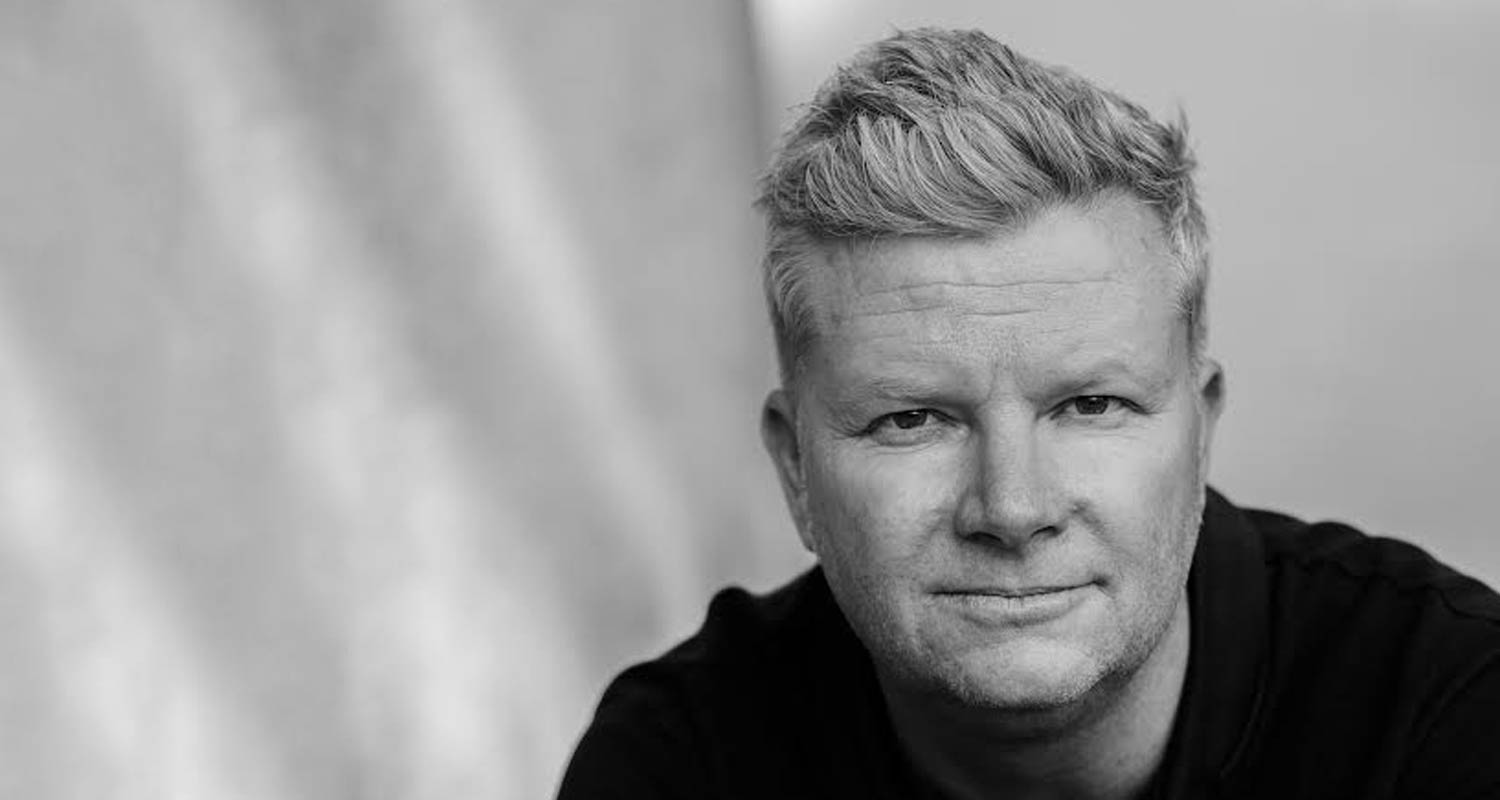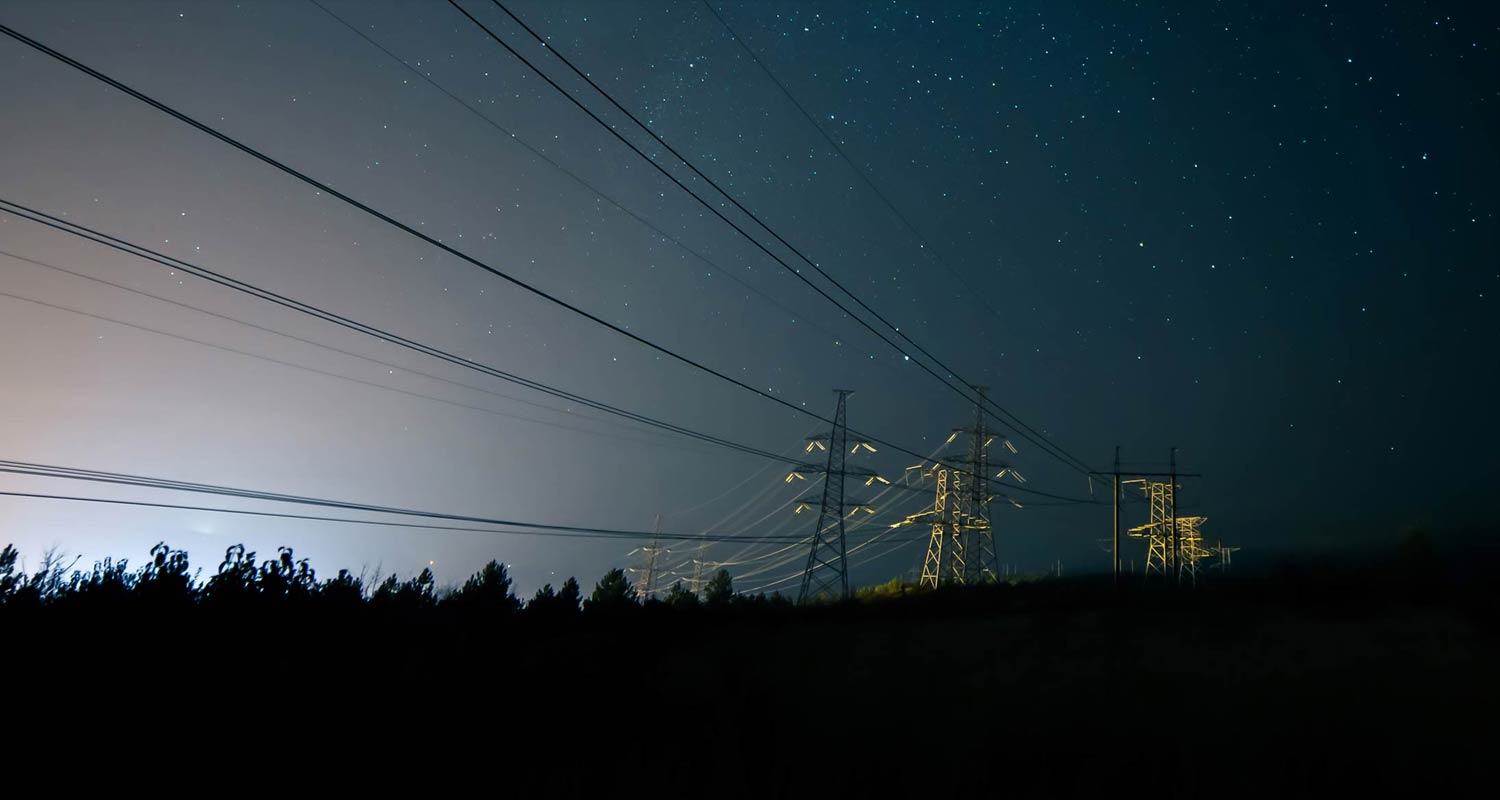
One of the strangest concepts found in our modern mercantile-centric society is that of the corporation. The fundamental concept itself is straightforward: a corporation is an organisation, usually composed of more than one individual, formed for the purpose of conducting commercial activities or providing a service to the public.
Part of the weirdness lies in the fact that corporations are treated as forests, but not as a collection of trees – that is to say that corporations are considered as single and separate legal entities from their constituent members. This idea makes practical sense, as it provides individuals the legal protection from being held personally responsible (up to a point) for the actions of the whole, thereby freeing up the organisation to engage in operations without individual-level risk aversion paralysing the company.
Despite the legal distinction, public discourse surrounding an entity like Eskom becomes quite tricky. Yes, we as South Africans treat Eskom as a monolith – so much so that most people would not struggle to give it a personality if pressed – but this does a great disservice to the men and women who are fighting to rectify our country’s power grid. Our current power concerns have persisted for a generation: it would not only be madness to attribute long-term structural problems to its current employees, but would also ignore the efforts of these very same employees who continue to serve despite the most intense public scrutiny.
In this vein, the current leadership, under the stewardship of CEO Dan Marokane, should be lauded for their admirable approach to running the utility – the approximately 300 days without power interruptions, as well as the open and frank communication with the public (not shying away from difficult topics, but refusing to feed national pessimism), is a tangible good-faith demonstration of a company with an eye to the future. But beyond stable and sensible operations, we have also begun to see greater innovation and an openness to working with the private sector. All in all, if Eskom were a human, he or she may well have experienced a spiritual reawakening.
For example, Eskom chief financial officer Calib Cassim has been demonstrating an admirable degree of lateral thinking in his approach to the power utility’s ongoing supply constraints and debtor problem. As CFO, among his primary concerns is to bring Eskom’s financials back under control for long-term sustainability – a difficult and unenviable task, given political pushback. The failure of several municipalities to pay the country’s power producer not only weakens the recovery process, but perpetuates much of the negativity and feeds the cycle of distrust between Eskom and the nation.
Municipal debt
More often than not, however, these municipalities are not truant debtors – instead, they themselves are disadvantaged by illegal connections which are difficult to pinpoint and rectify.
According to reports, outstanding municipal debt owed to Eskom is nearing R100 billion – Eskom, in turn, has taken a proactive approach, opting to work with the municipalities to recover outstanding payments. To this end, Eskom conducted a case study in which it actively engaged with the Maluti-a-Phofung municipality in the Free State, resulting in the recovery of R2-billion of outstanding debt. But debt recovery is just one reason to partner actively with municipalities, as they also provide local governments with the means to enforce and track power usage more effectively. Part of the active partnership tactics involves the municipality remaining the licensed distributor of electricity, but requires that it enters into an agreement allowing Eskom to assist with billing, revenue collection, infrastructure maintenance and reticulation services.
Read: Eskom adds 800MW of new capacity to the grid
Among the non-traditional and proactive ways advocated by the likes of Cassim has been the use of smart meters – the idea is not a novel one, but has required much patience and faith, considering that national treasury had initially revealed plans to invest R2-billion in acquiring locally manufactured smart meters more than a year ago, in February of 2024.
From Eskom’s perspective, such meters would allow customers to track their electricity consumption. These meters also have the added bonus of using anti-tampering technology and tamper alarms to detect meter bypassing – crucial to monitor usage and cut down on illegal connections – and gives Eskom greater ability to manage loads or demand on the power system remotely.
 In addition to the use of smart meters, Cassim has publicly stated that alternate avenues for power generation and delivery – such as microgrids and modalities enabled by battery storage – where grid expansion is too expensive. From the consumer side, the use of smart and alternate technologies is a way to lower one’s impact and reliance on the grid.
In addition to the use of smart meters, Cassim has publicly stated that alternate avenues for power generation and delivery – such as microgrids and modalities enabled by battery storage – where grid expansion is too expensive. From the consumer side, the use of smart and alternate technologies is a way to lower one’s impact and reliance on the grid.
The key recommendation here is simple: we should all make use of enabling technologies such as digital thermostats, timers, temperature controllers and eco-friendly appliances. South Africa has a range of options in this space, and investing in these technologies can not only soften the blow of grid instability but also streamline energy use, lower costs, and support Eskom’s efforts to promote more responsible and sustainable electricity consumption.
Read: Nersa approves Eskom tariffs – here’s how much more you’ll pay
Assisting municipalities is not a mere exercise in debt recovery but a means of identifying problems and breaking the cycle. The current approach to resolving our nation’s power concerns is heartening – it signifies that Eskom, as a corporation, is embracing new and promising ideas and potential solutions. It also shows that private enterprise has a place to play – given the chance, and as demonstrated by the trust placed in smart meter usage, tech innovators from the private sector can become an invaluable resource for Eskom in tackling a number of the issues it currently grapples with, from municipal support to improving efficiency to building long-term sustainable partnerships.
- The author, Mark Allewell, is CEO and founder at Sensor Networks




